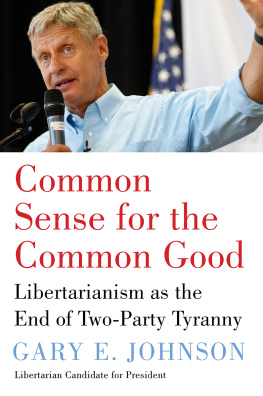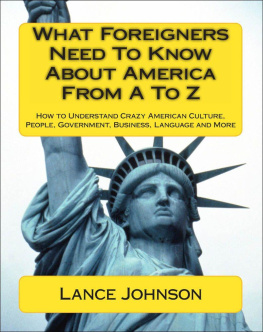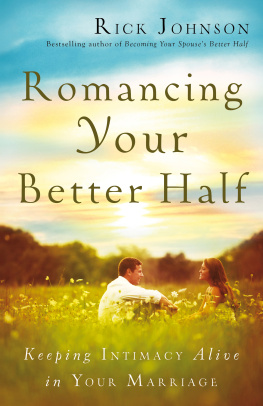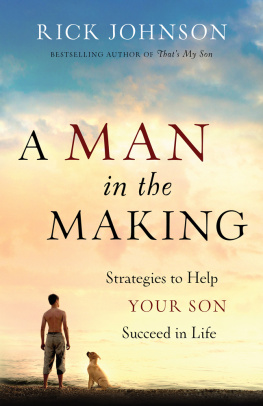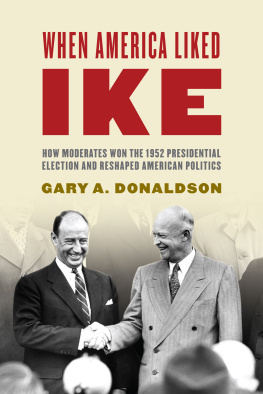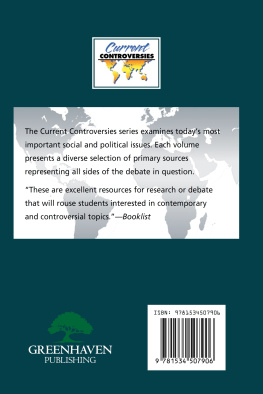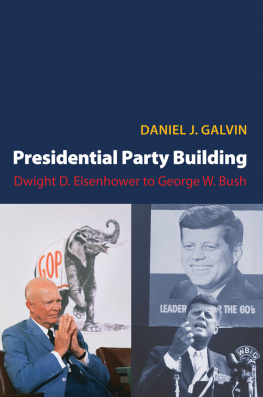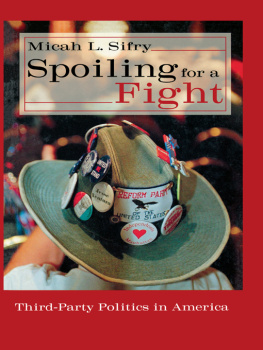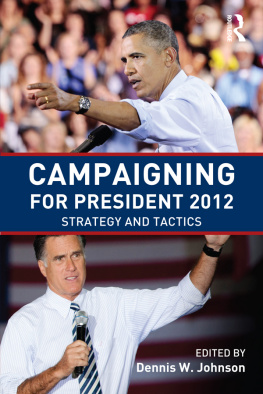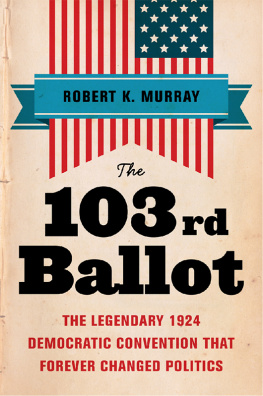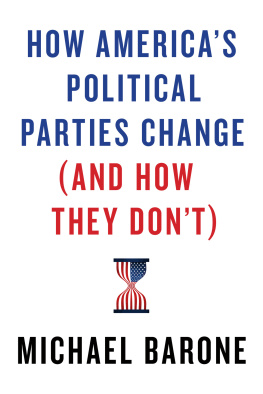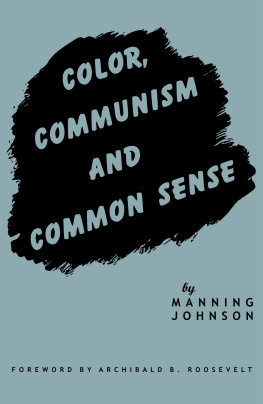Contents
At the risk of adding fuel to the fire Donald Trump ignited by using songs from the legendary recording artists Queen, Neil Young, REM, and Adele without permission, I have to say this. If the American people had their way, the theme song playing in the background of their rally for a reimagining of the electoral process would be the Rolling Stones (I Cant Get No) Satisfaction. While Hillary Clinton got approval from the singer Rachel Platten to use Fight Song, the Democrat did opt for the combative in choosing it as her official anthem. Shes come under fire in social and traditional media for not selecting a Katy Perry tune.
Regardless of the two major party candidates taste in music, few Americans would be singing Clinton or Trumps praises anyway. Theyd be trying to shout them down, stifling them like an unwanted child at a rally. On top of that, the headlines seem to be screaming at us with regularity as polling data comes in. Voter Satisfaction with Presidential Candidates Lowest in Decades, reads the label on a June 2016 Pew Research Center reports graphic. And if were to believe other polling data, its not just the two candidates themselves who have voters on edge. Those polled (and there were 6,000 of them, more than five times the typical poll sample size) feel that their identity and well-being are in jeopardy. Nora Kellys article on voter dissatisfaction in the April 2016 issue of the Atlantic ran with this intro line: A new Quinnipiac survey shows most Americans believe the country has lost it way. Kelly goes on to cite specifically how a majority of Americans believe that the country has lost its identity, that their values and beliefs are under attack, and that they are falling further and further behind economically, among other complaints.
So that pulsing bass line you hear beneath the doom-and-gloom melody and lyrics does offer hope that your desire to see things improve will be met. You can hear it if you manage to filter out the rest of the noise. Sixty-four percent of those who participated in the Quinnipiac survey indicated that they were in favor of radical change. Donald Trump and Bernie Sanderss most ardent supporters believe that their guy was leading a movement, and not just a campaign. Radical change and movement sounds like a revolution doesnt it?
Im here to tell you that Trump and Sanders dont display the kind of radical thinking that the majority of Americans find palatable. In Sanderss case that doesnt really matter anymore; he is no longer a candidate. Trumps volatility has him and his people now actively engaged in walking back his talking back. In the meantime, Mrs. Clinton has to fend off name-calling from her Republican costar: shes a liar, shes the devil, shes a cofounder of ISIS. In my mind I can hear someone putting those lyrics to a catchy tune.
I have some sympathy for her, even though she didnt take the high road and called out (deservedly so) Trump as a racist. I guess that when youve been in the political game as long as she has, patience can be in short supply.
At times, when I turn on the news and the election coverage, I wonder if Im mistakenly getting a recap of a Mexican telenovela.
I probably shouldnt make light of the situation like this. Except, like many of you, I need to do something to get rid of the angst that afflicts these times and threatens to invade my psyche.
Back to that glimmer of hope I mentioned. That call for radical change is something that Id like to see brought about. And not just at some point in my lifetime, but now. If it hasnt been made clear to all of us before, it has become apparent today. The two-party system is broken. Many, including me, are sounding the death knell of the Republican Party. Our representative democracy appears to be in shambles. If a supporter of one party is putting a best foot forward, its only to trip up a member of the opposition.
I apologize. The epic dysfunctionality were witnessing isnt really funny; its sad.
And forgive me in advance if Im preaching to the choir. A September 25, 2015, Gallup poll (the most recent available on this question) showed that 60 percent of Americans believe that a third major political party is needed because Republicans and Democrats do such a poor job of representing the interests of the American people. This trend in favor of a third party began in 2003, but the percentage of those in favor of them is the highest its ever been. Thats more than a decade of growing desire.
Isnt it time someone did something to bring about this major change?
The time to take the next big step is now.
Attaining major party status is a difficult task. It will take an enormous amount of resources and likely a large amount of time. That said, we can all take action today. We can get behind one of the third-party candidates in this years election.
These parties may not have attained major-party status, but some have ideas that are reflective of what most Americans believe and will put into practice what most Americans want.
I believe that the Libertarian Party best fits that description. A group that has the right ideas and the right practices that represent most Americans?
Sounds like a major party to me.
This level of disillusionment, distrust, and dysfunction hasnt happened overnight. When I served as the Republican governor of New Mexico from 1994 to 2002, I saw firsthand some elements of it. I soldiered on and made some real changes in how our government went about its business. From the start, I was the quintessential outsider. Id never run for public office before. Id been a member of the Republican Party since 1978, and with two exceptionsin 1984 I chose libertarian candidate David Bergland over Ronald Reagan, and in 92 I voted for Ross Perot because of my concerns over the deficitI voted Republican every election. In 2000 I was the only governor to not endorse George W. Bush in the primary, believing Steve Forbes could deliver the same results to the country that I was able to achieve in New Mexico. I was a social liberal in a party of social conservatives. In a very real sense, even before I left the Republican Party to join the Libertarian Party, I was a third-party candidate. I was a member of a small subset of like-minded individuals who didnt mind stating our beliefs in the face of opposition from within our own party.
Yes, divisiveness existed back then, both within and without the party. To one degree or another, in American politics it always has. But at no time has the dualistic Republican / Democrat, Im right / youre wrong, yes / no, on / off, black / white way we talk to and interact with one another in the political sphere been such a yawning (read: shouting) chasm.
Ive sometimes heard people say that when things fall to pieces, it is because the center cannot hold. We have a broken system. There are those who, rather than stand back and watch its continued slow demise, would like to shatter it. That sounds frightening to many.
But I believe that a new center will hold.
The Democrats and Republicans, particularly as represented by Hillary Clinton and Donald Trump, have ceded their claim on the political center in this country. Theyve each taken an authoritarian stance, one on the left, one on the right. In both cases, they are deniers of freedom.
Fortunately, as the saying goes, nature abhors a vacuum. In that vacated space I see an opportunity for another mode of political thought to occupy the central place in American politics and governance that both major parties have tried to lay claim to. Libertarianism is on the move, and I believe that it now occupies that middle position, the place where the vast majority of Americans feel most at homea place where those who are socially inclusive and fiscally conservative can find comfort.

